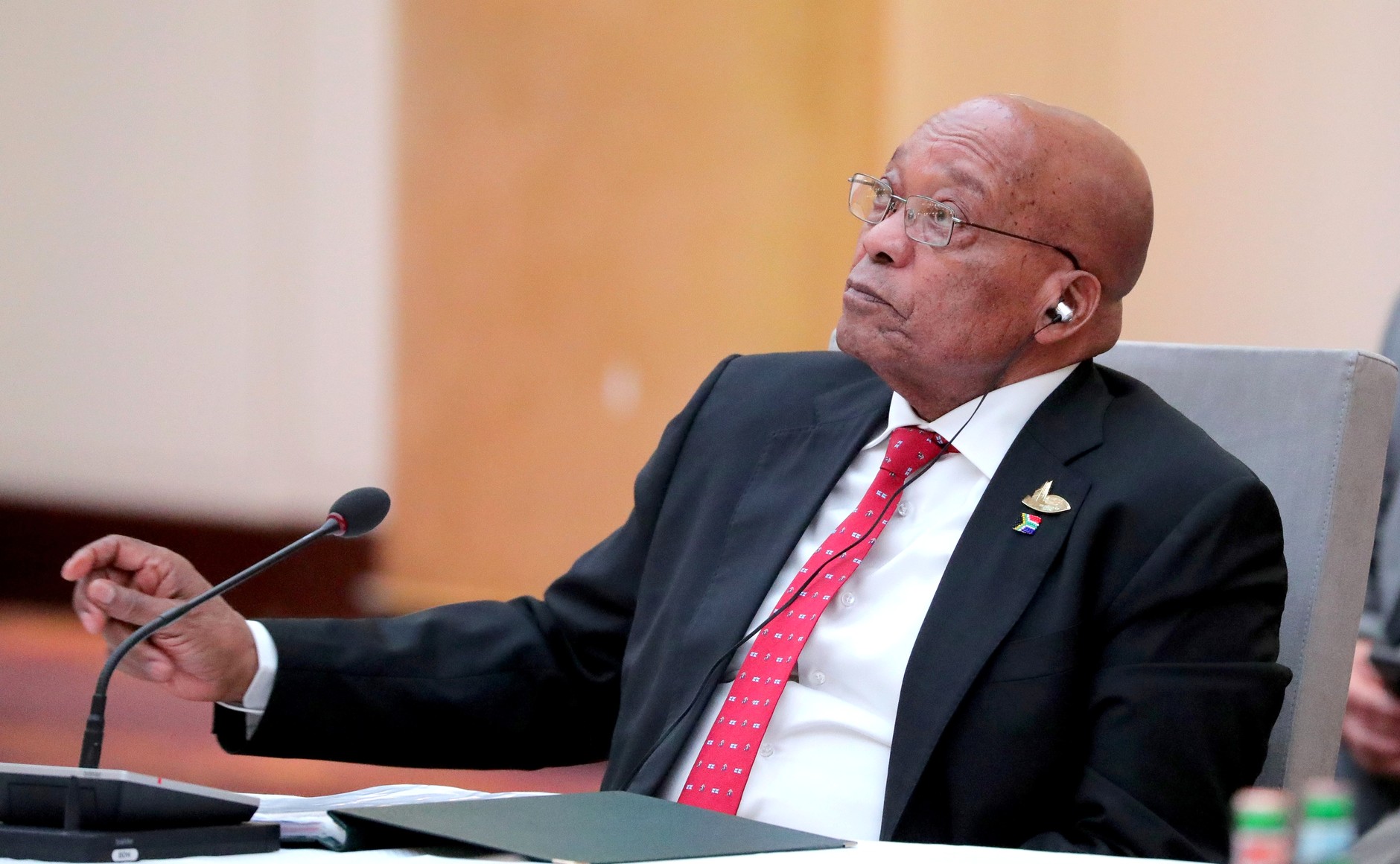South Africa’s Jailed Former President Jacob Zuma (75) was granted medical parole and can finally breathe fresh air outside prison walls. Zuma had been incarcerated for the past month and is still serving his prison sentence for contempt of court at Estcourt Correctional Centre. The former state leader fell from grace and was punished by the rule of law in his own country. Despite protests and defense initiatives by loyal fans, friends, and other politicians, Zuma was arrested and jailed because he had committed a crime and was found guilty in the face of the law. Medical parole has freed him from his cell.

According to the released information, Zuma will complete the rest of his sentence in the community. But he must abide by certain conditions which will ensure that he is not locked up again. Parole on medical grounds is normal in most countries, and if one’s health is deteriorating, then there is no reason to a person behind bars. Laws across the globe do consider a person’s health status and even age, so prisoners are released in that regard if medical officials prove it. Various attempts were made to get him freed, and some prominent politicians even made calls to the South African President Cyril Ramaphosa, but all efforts were fruitless.
Zuma’s sentencing was made on 29 June after he did not show up at the Zondo Commission, where he was supposed to testify about corruption allegations laid against him, and he handed himself to the police in July [Source]. More details concerning Zuma’s illness were not disclosed to the public, but it was noted that he was seriously sick and needed medical attention to heal. And that cannot happen at a correctional facility where conditions are initially designed to rehabilitate or punish a person so that they can make amends for their wrong doings. For the past month, the ex-president was in hospital after undergoing surgery and needed to recuperate in a comfortable environment to promote healing and get adequate medical services. Currently, he is in hospital and will remain there until he is discharged.
After a medical report was handed to the South African prison department, the officials released him. “Medical parole placement for Mr. Zuma means that he will complete the remainder of the sentence in the system of community correction, whereby he must comply with a specific set of condition and will be subjected to supervision until his sentence expires,” noted South Africa’s Department of Correctional Services (DCS) [Source].
The statement from DCS explained that “Apart from being terminally ill and physically incapacitated, inmates suffering from an illness that severely limits their daily activity or self-care can also be considered for medical,” so this qualifies Zuma for parole in their regulations.
Correctional Services spokesperson Singabakho Nxumalo uttered that Zuma’s parole could be revoked if he fails to adhere to the “placement conditions.” Mr. Nxumalo said, “We want to reiterate that placement on medical parole is an option available to all sentenced offenders provided they meet all the requirements. We appeal to all South Africans to afford Zuma dignity as he continues to receive medical treatment.”
According to Zuma’s spokesperson, the former president “should have been relieved” after hearing the ruling. He explained that imprisoning Zuma worsened his health conditions and said the prison had “an exponential impact on deteriorating his condition.”
Not everyone was pleased with this parole, especially South Africa’s main opposition party, the Democratic Alliance, which despised this decision and described it as “entirely unlawful and makes a mockery” of the country’s prison regulations [Source].
Zuma was fingered in many corrupt activities, especially with the Guptas, and is set to face a separate corruption trial on 9 September; hence his freedom on parole might be short-lived if he is found guilty.







































